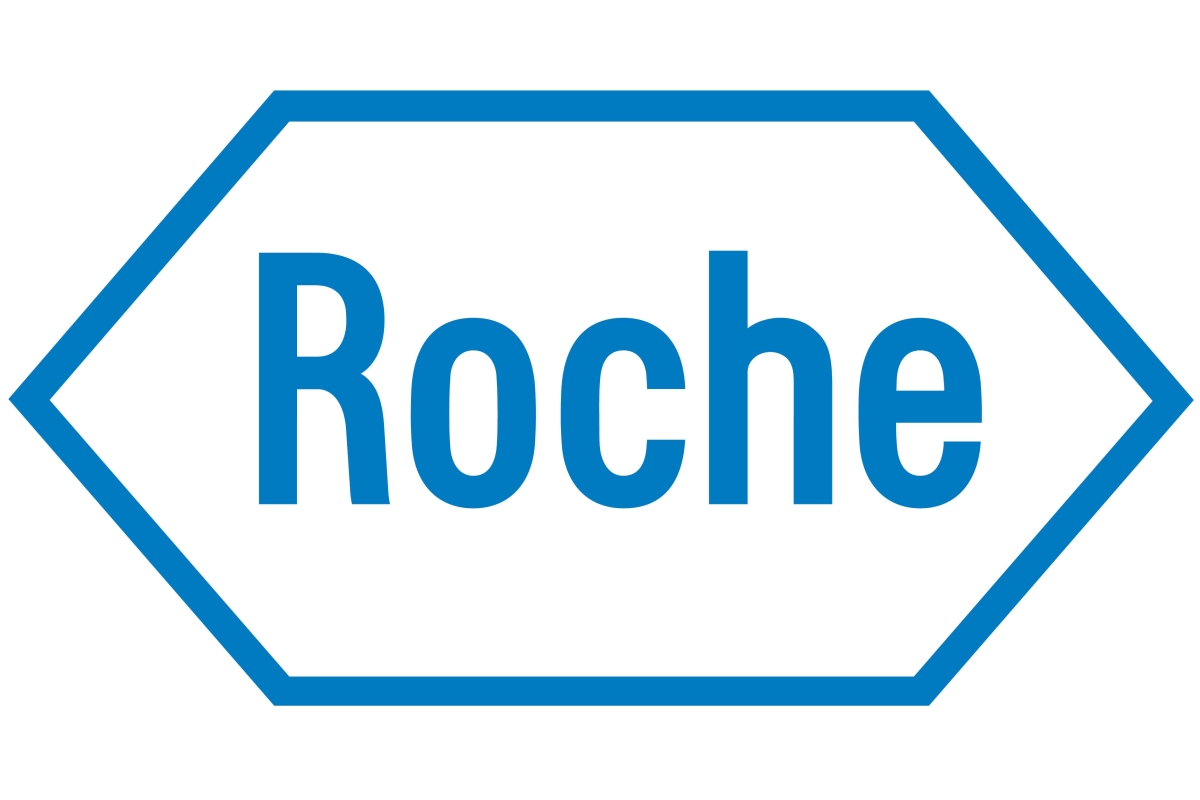July 11, 2016
AbbVie, a global biopharmaceutical company, has announced that the U.S. Food and Drug Administration (FDA) granted Rare Pediatric Disease Designation for ABT-414, an investigational antibody drug conjugate (ADC) that targets the epidermal growth factor receptor (EGFR) for the treatment of pediatric patients with EGFR-amplified Diffuse Intrinsic Pontine Glioma (DIPG). This is recognized as the highly aggressive and difficult to treat brain tumors found at the base of the brain.
Brainstem tumors are extremely rare among adults. However, they comprise approximately 10-15 percent of all pediatric brain tumors. DIPG is the most common subtype of tumor in this anatomical region and also the second most common malignant brain tumor of childhood. An estimated 200-400 children are affected each year in the United States with this sort of disease.
According to Gary Gordon, M.D., vice president, oncology clinical development, AbbVie: “Pediatric patients with high grade gliomas have a rare and fatal disease.2 This Rare Pediatric Designation, a first for AbbVie, is an important advancement as we continue to evaluate ABT-414 and its potential to help this group of patients who desperately need a new treatment option. The proposal of including a nested cohort within an adult global trial is an endeavor that we hope may bring more treatments to pediatric patients.”



